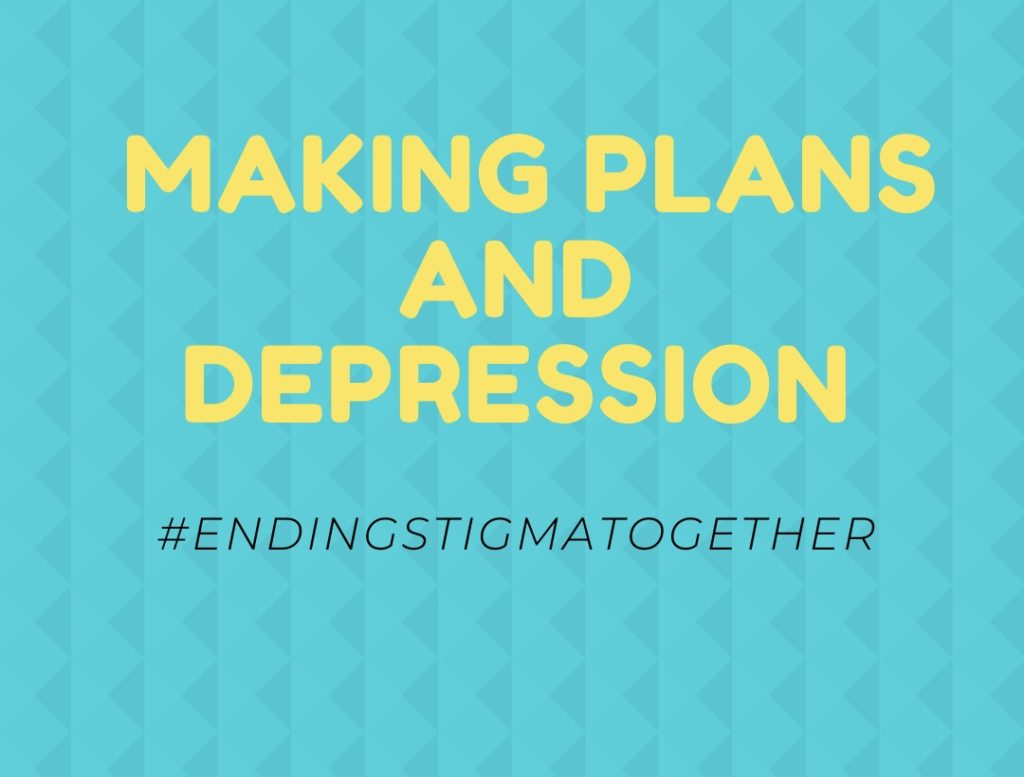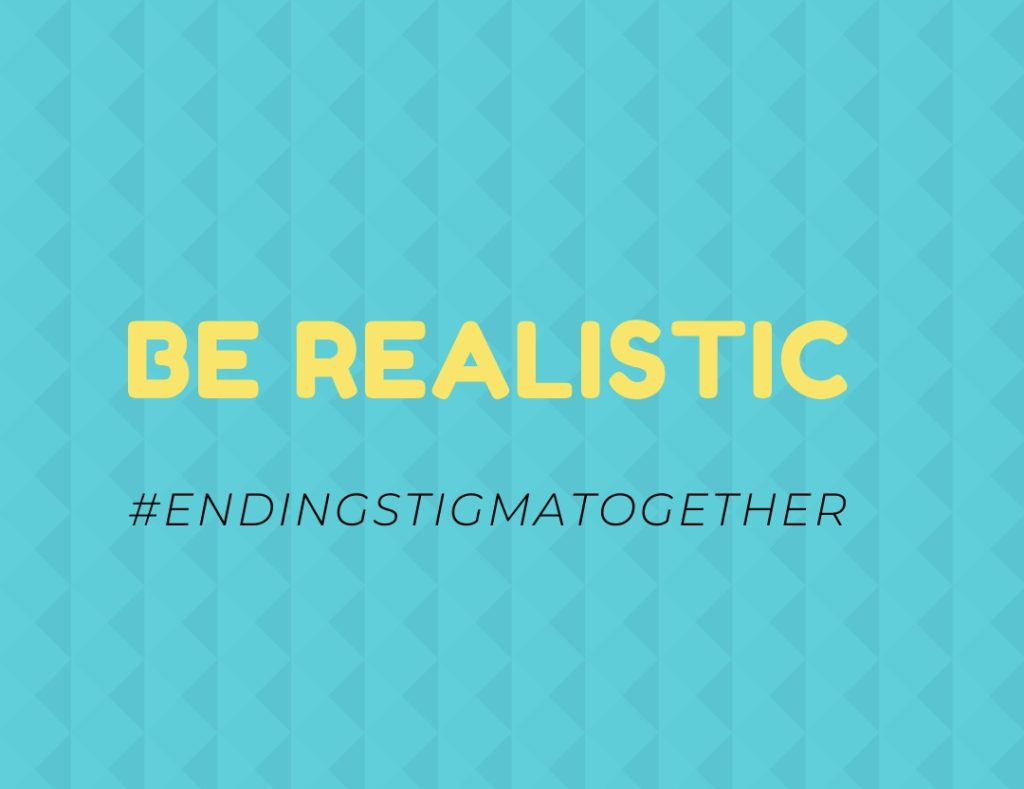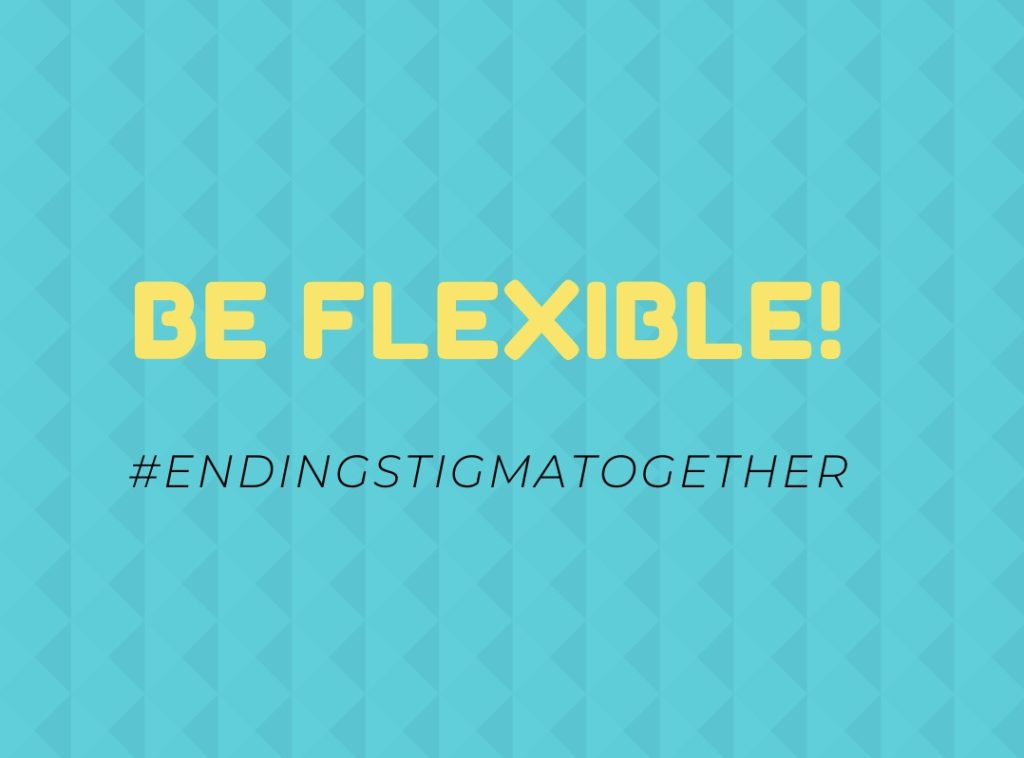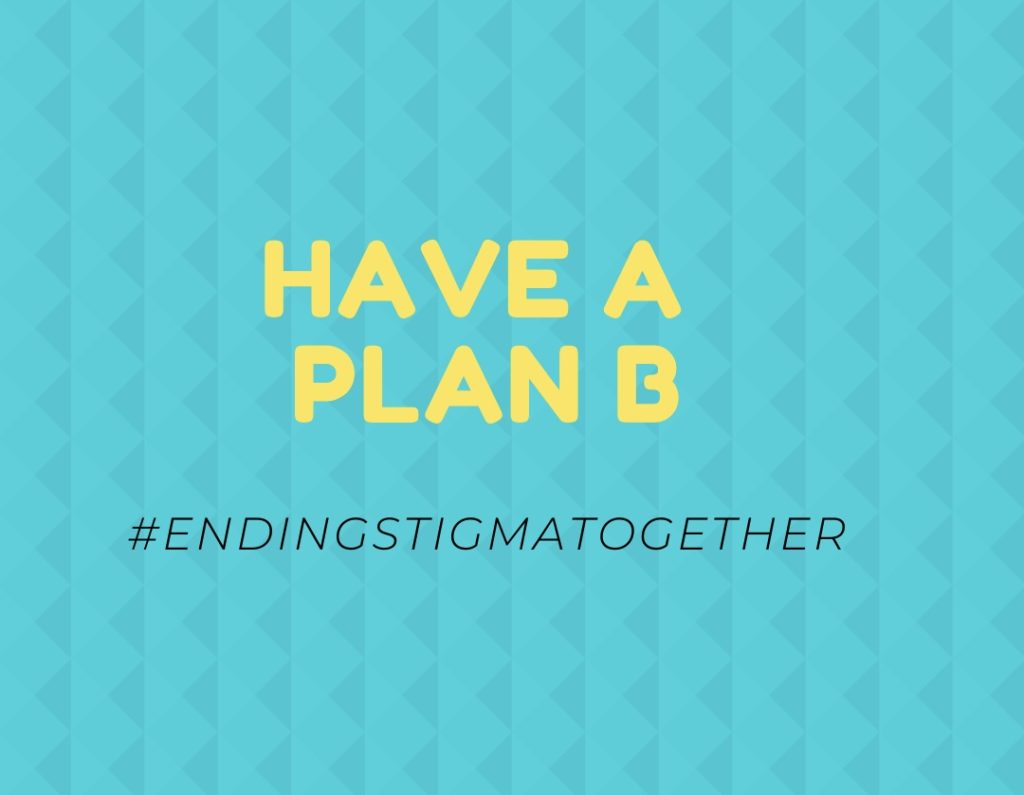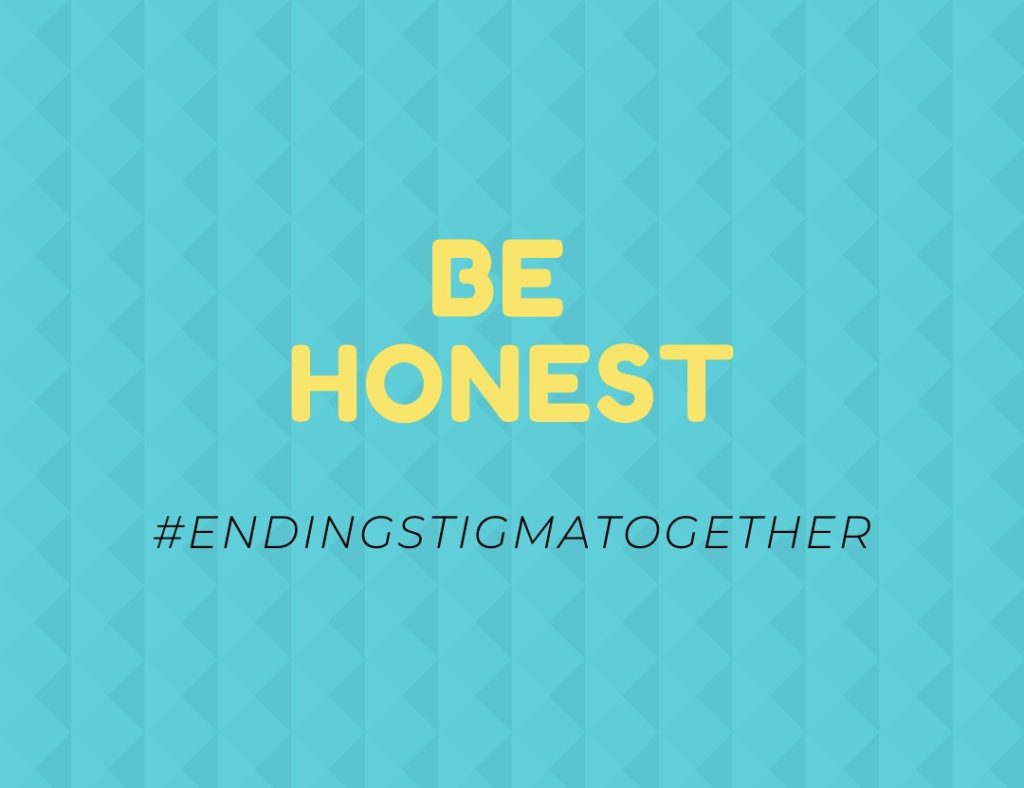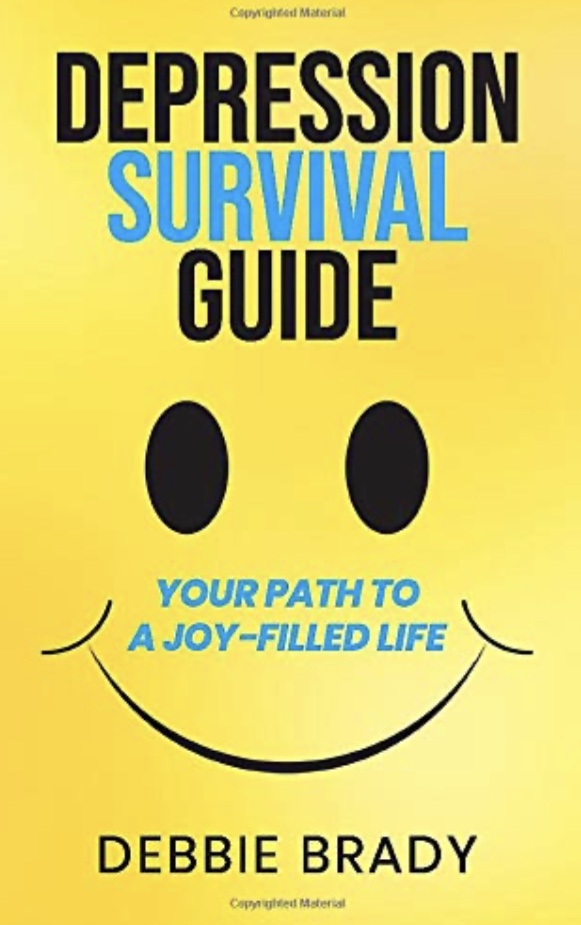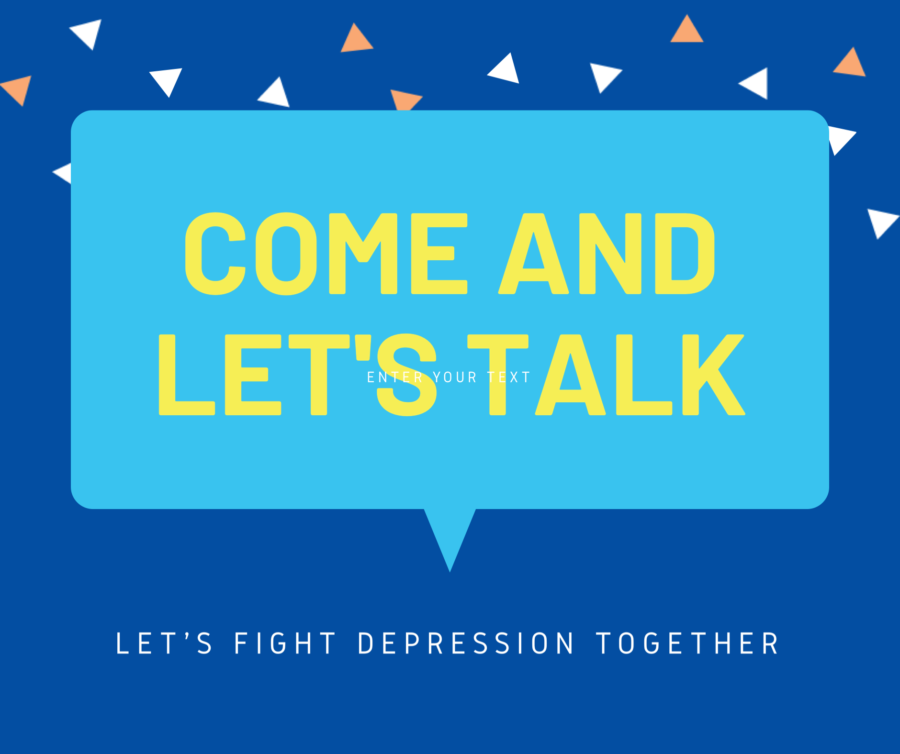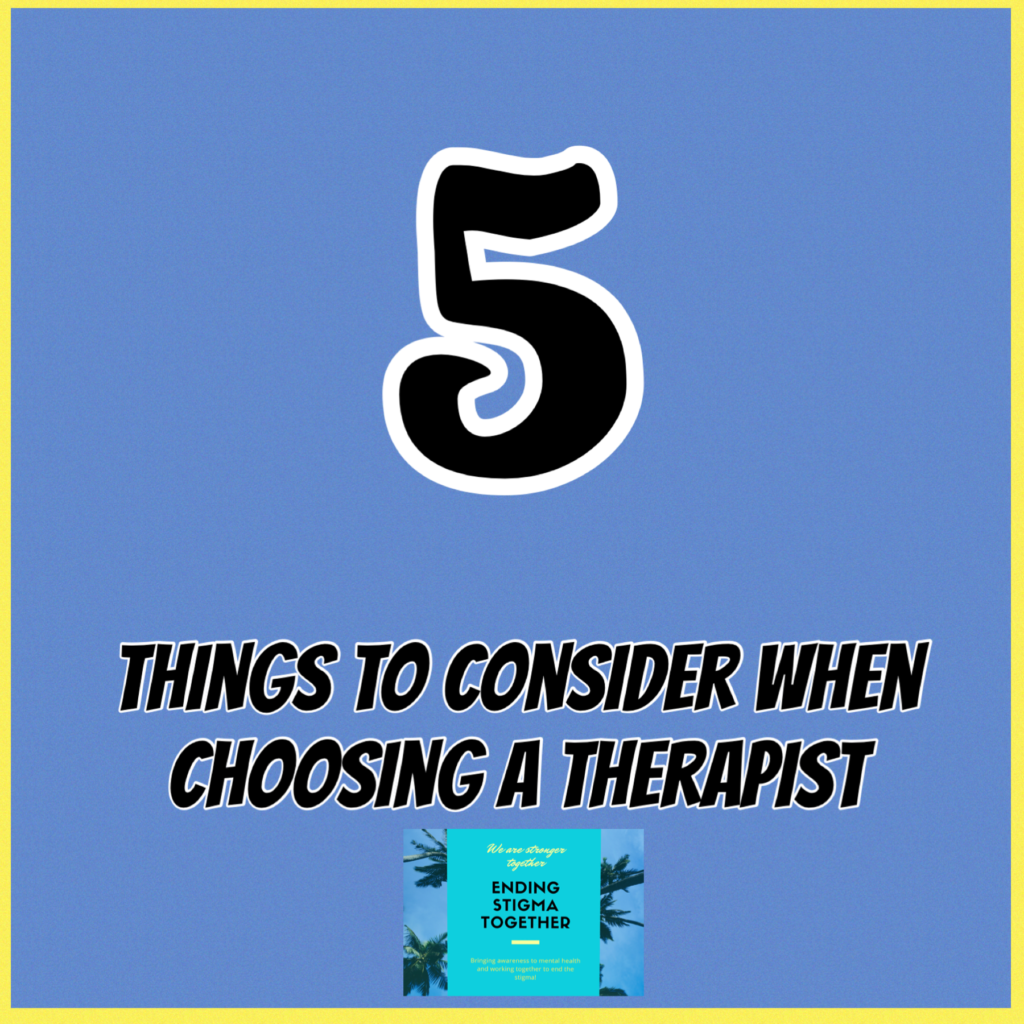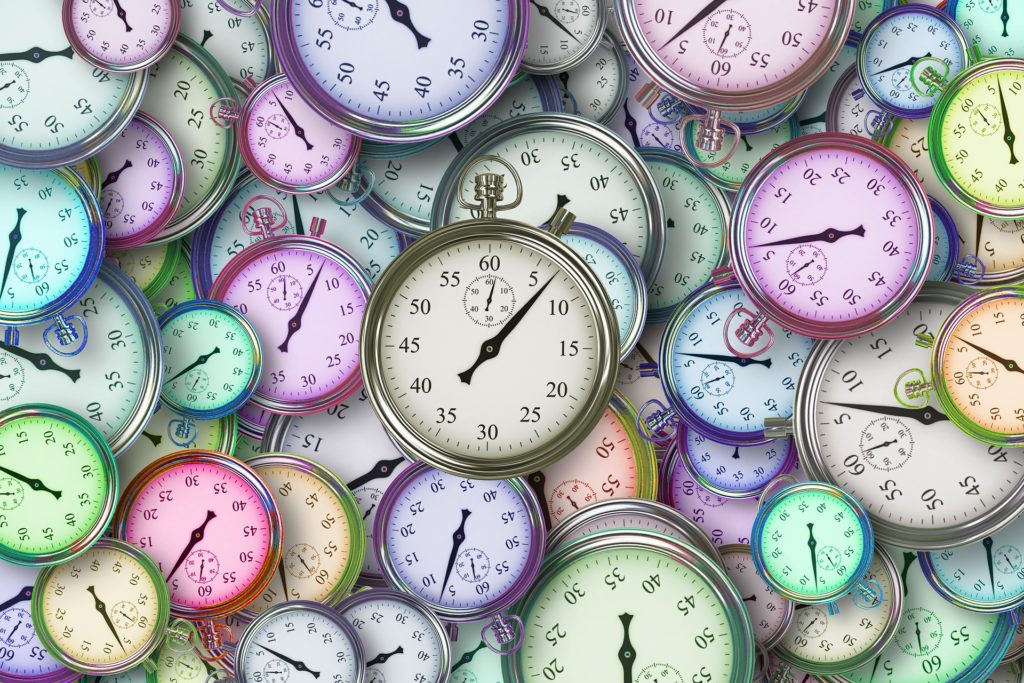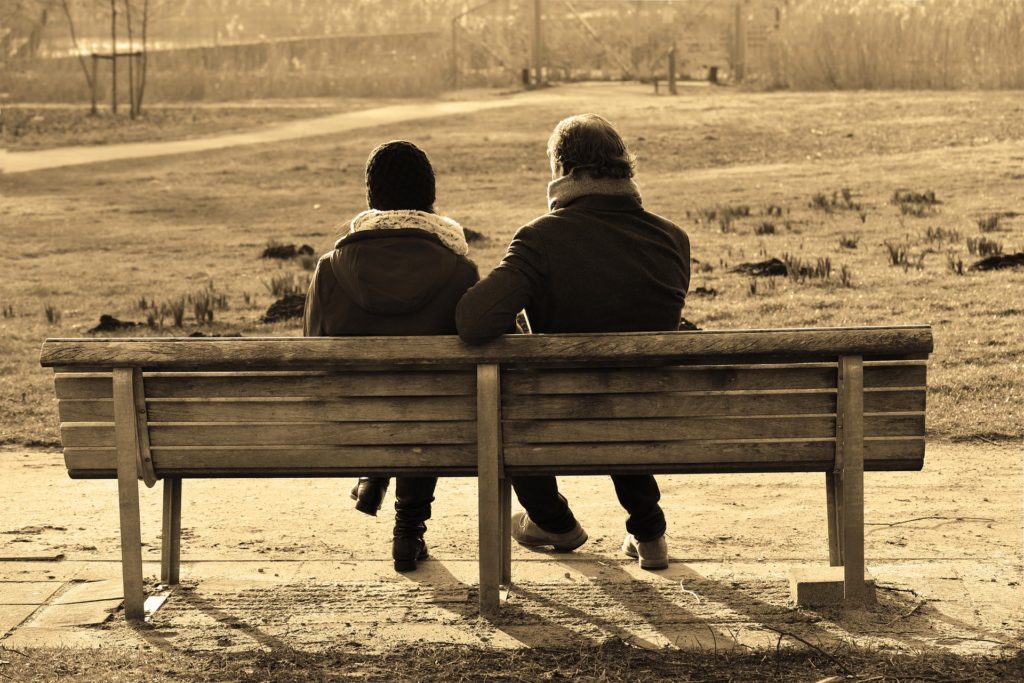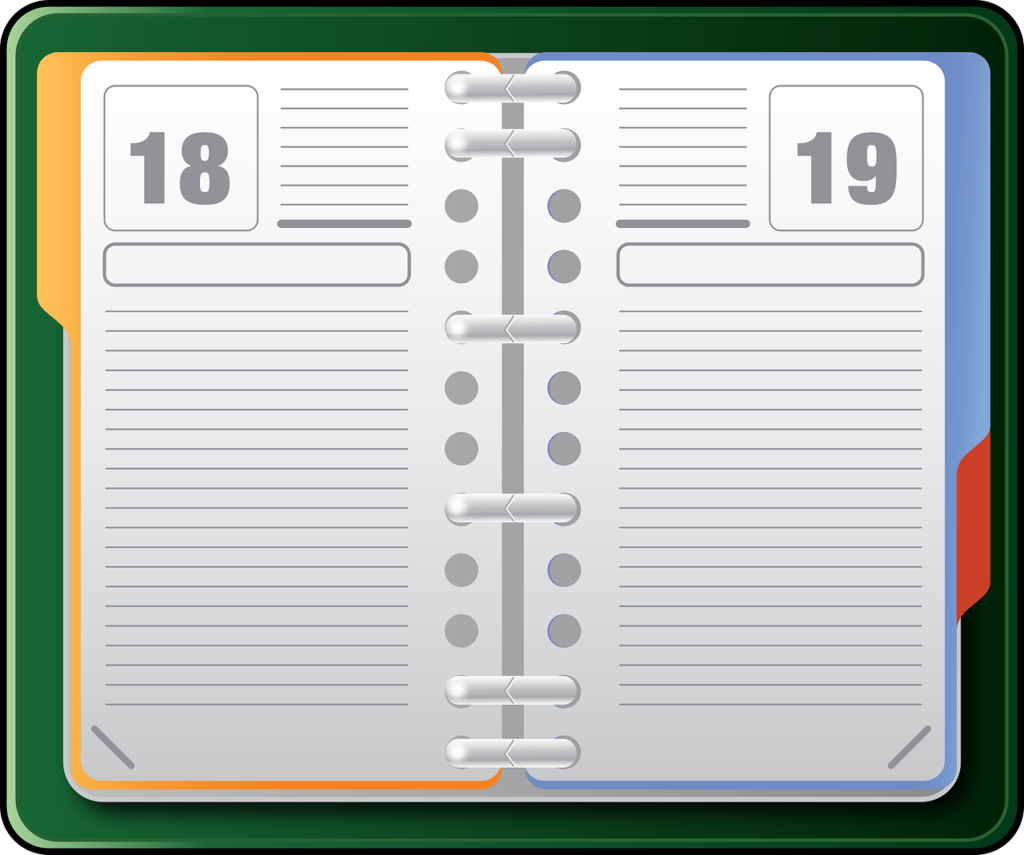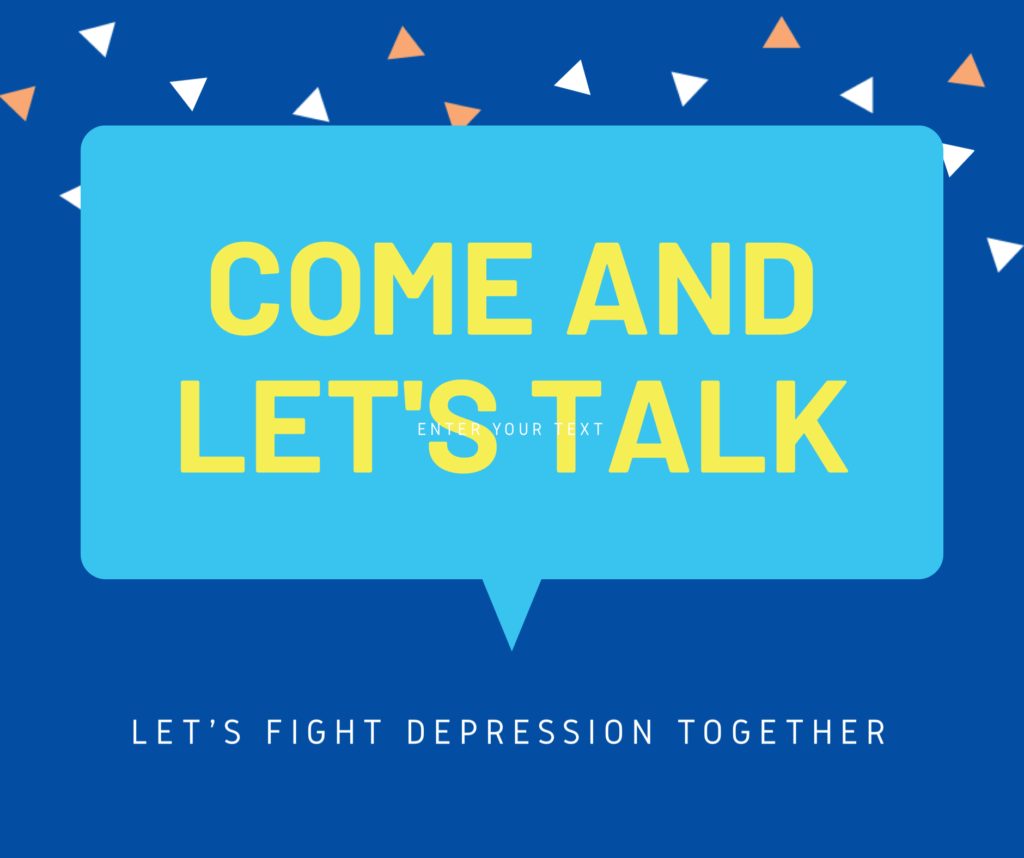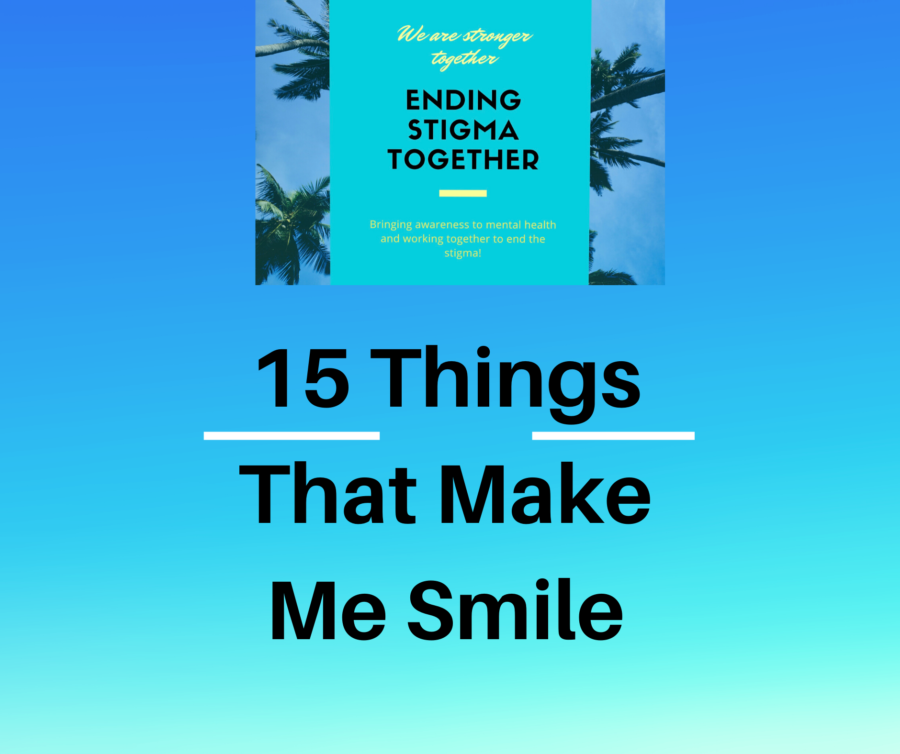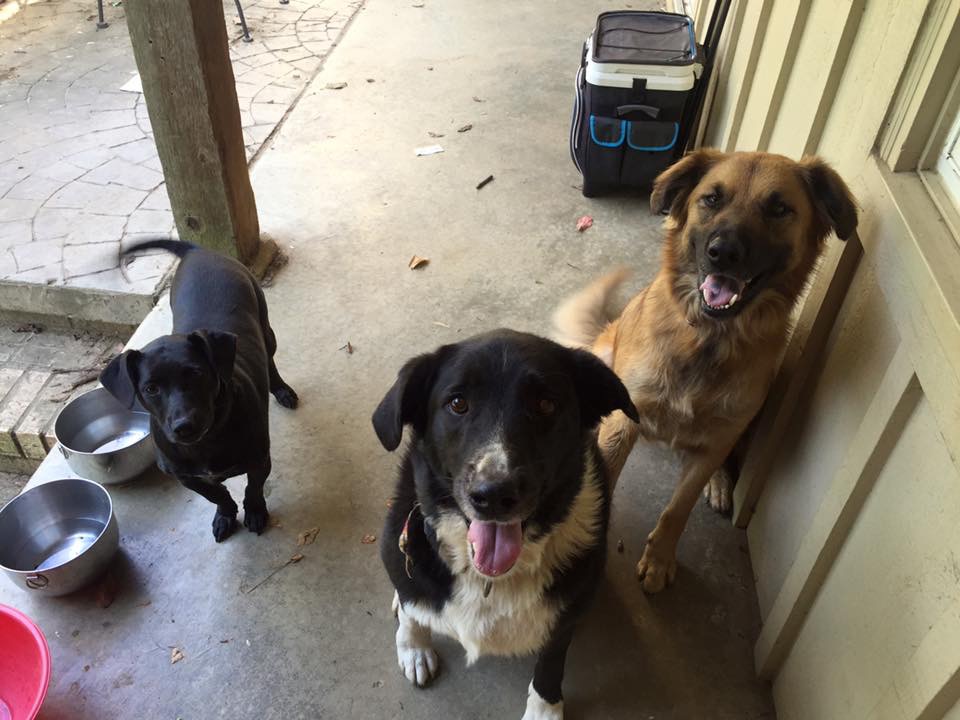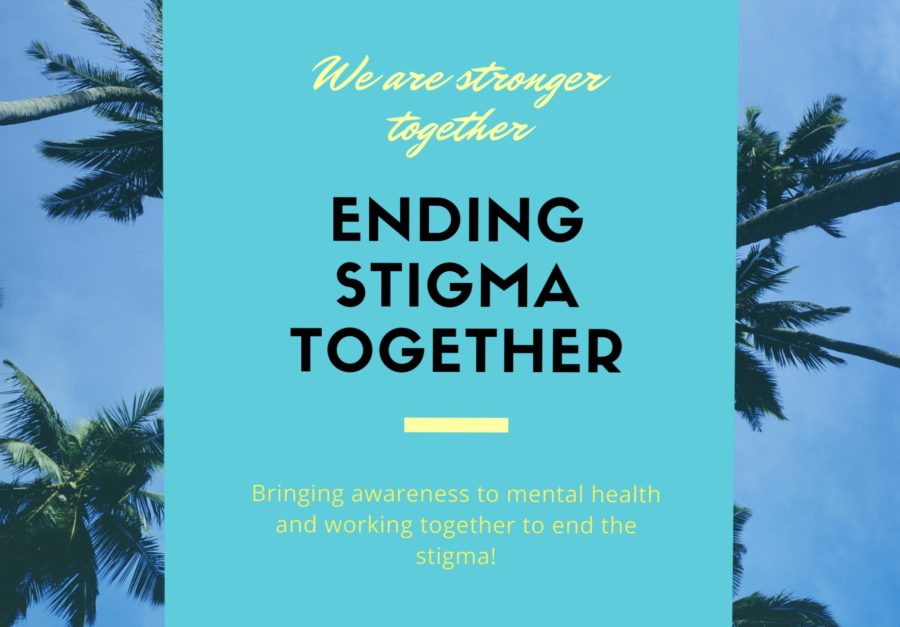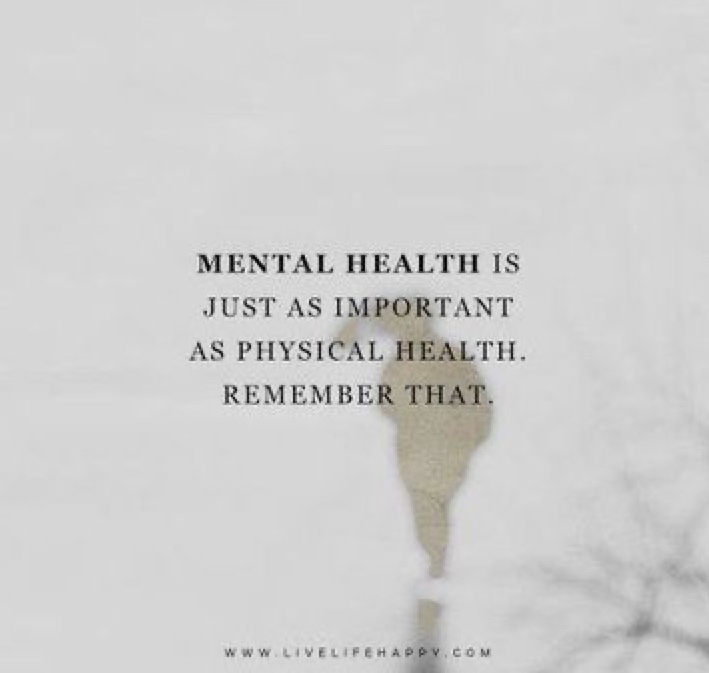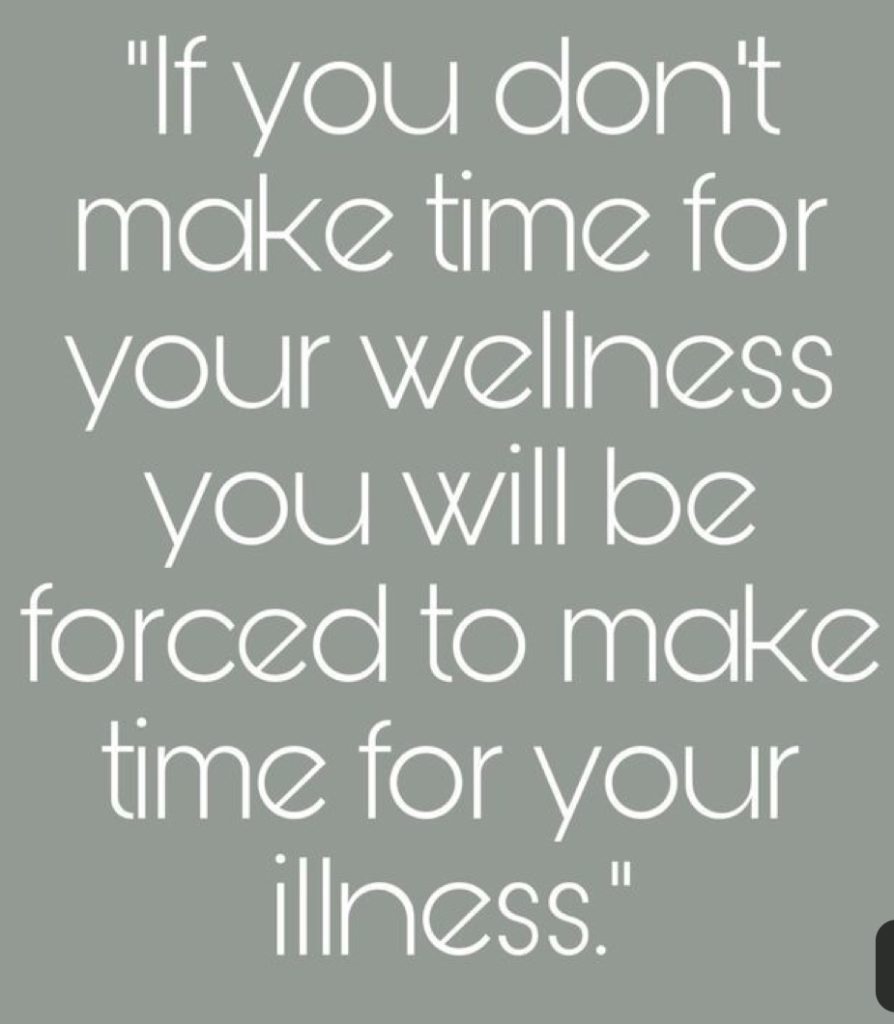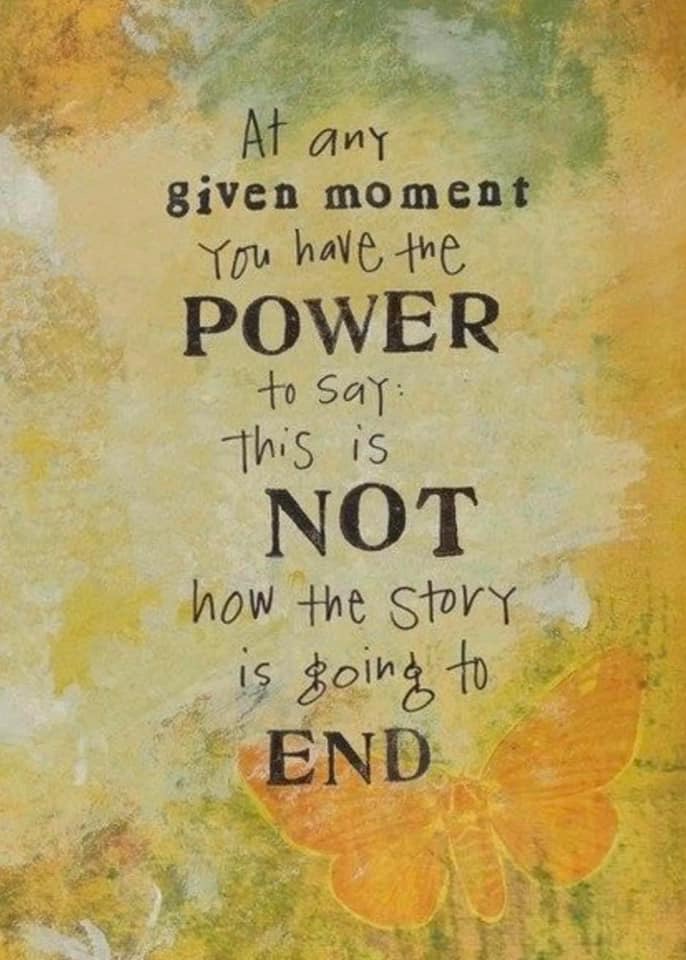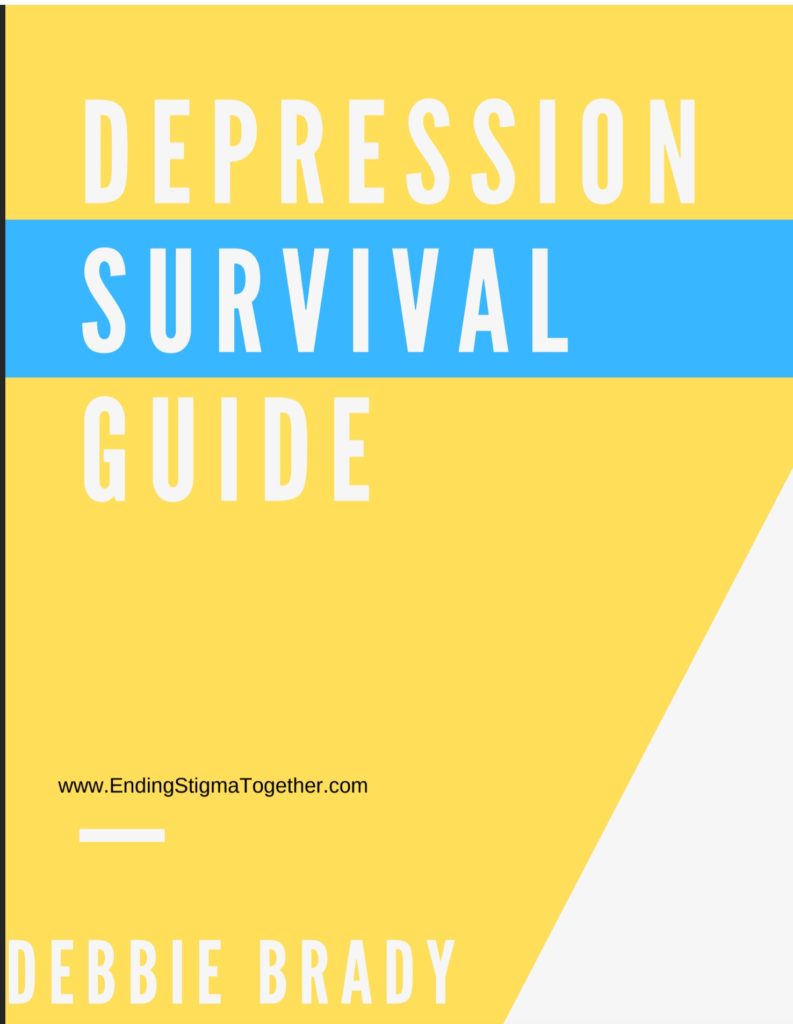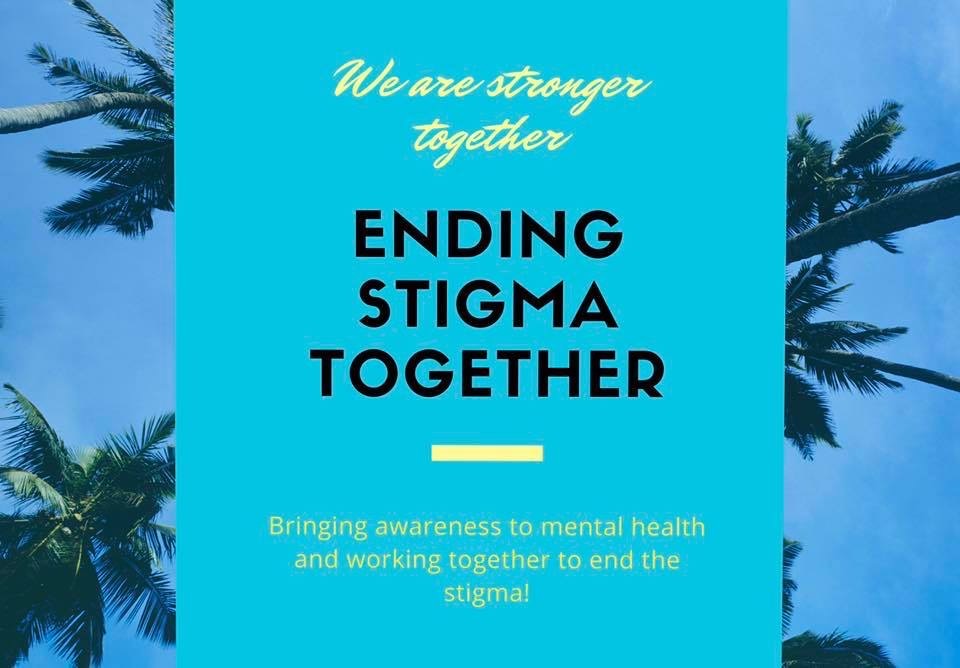
I had planned to post this story last week during Eating Disorder Awareness Week, but I got my weeks confused because I had a major fibromalygia flare the week before. So, you are being blessed with my story this week instead. Lol. In theory, every week we need to be aware of how eating disorders are affecting those around us. You can see the signs and symptoms of each eating disorders on the National Eating Disorder Association’s website HERE as well as other statistics and information. I will be focusing only on Anorexia Nervosa in this post since that is the one I have personal experience with and I hope my story may inspire and help someone else.
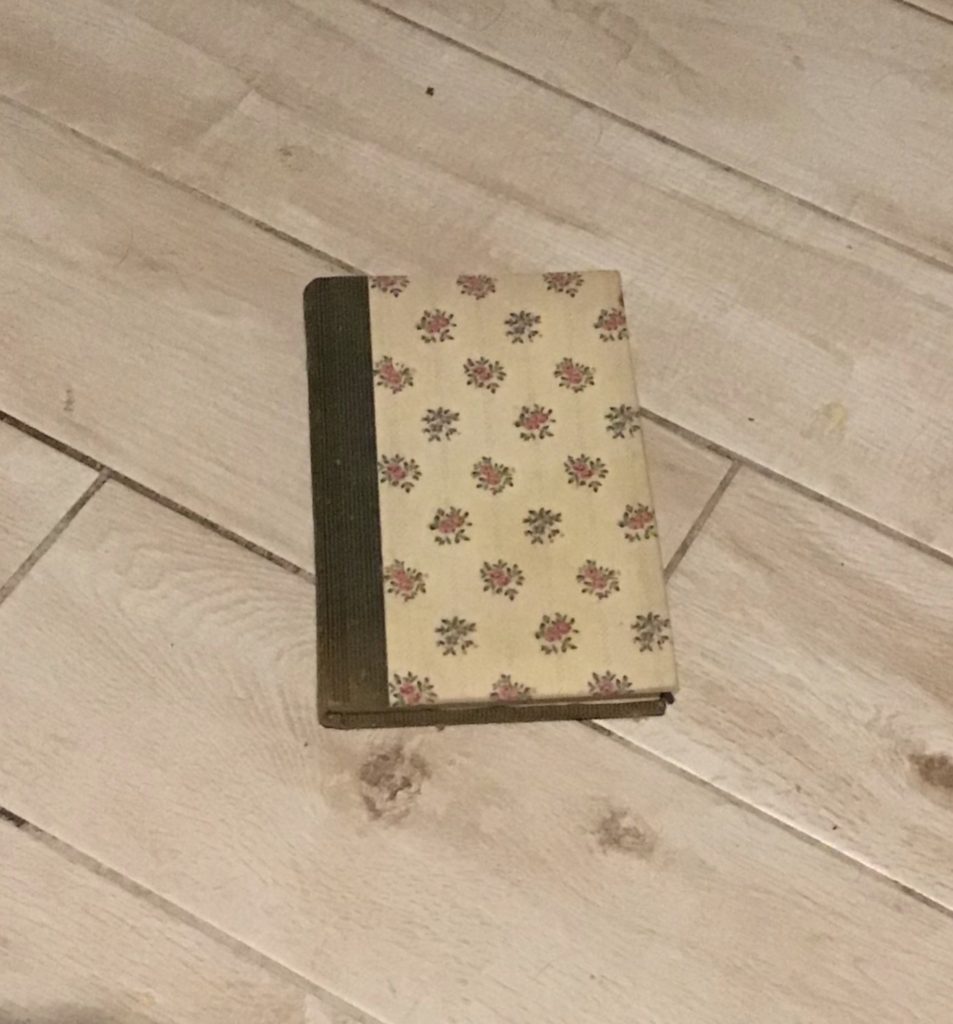
I even dug through the garage to find my journal from this time in my life and it was hard to read some of my words but I wanted to remember how I was feeling and thinking.
~On January 24, 1987 I wrote, “I’m back at ESU…I’ve lost so much weight and people worried and I don’t want that.”
~On February 3, 1987 I wrote, “I really need help. It’s taking over me…Today I ate 380 calories.”
~On February 8, 1987, just two weeks before being send home I wrote, “I’m trying to convince myself I’m too thin but I feel fat.”
This gives you a snapshot of my mind at the time.
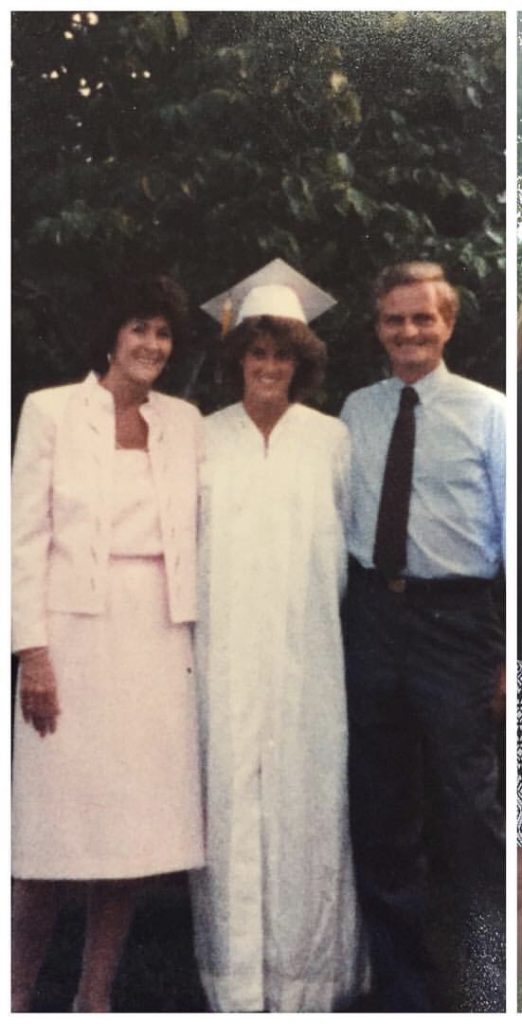
I graduated high school in June of 1986. I started college just 5 days later. It was an incredibly amazing summer semester to start college. I’m still friends with my two closest friends from that summer. However, while at school, I didn’t like the food. This led to me losing about 5 pounds or so. Nothing concerning at all, but it was the beginning. The program I was part of meant we went home for the fall semester and came back in January for the spring semester. While at home, my parent’s marriage was quickly falling apart. The stress of it let me to lose my appetite which then led me to losing more weight and eventually leading to feelings of euphoria when I got hungry and as I got thinner. Now let me be clear, I do NOT blame my parents for my anorexia. I think it was a combination of many factors and also the start of my chronic depression. Graduating from high school, starting college so soon after, all the change and the demise of my parent’s marriage was truly the perfect storm. Plus, when I get really hungry, it’s not an uncomfortable feeling like it is for most. I feel euphoric and it is almost like a high you would get from a drug.
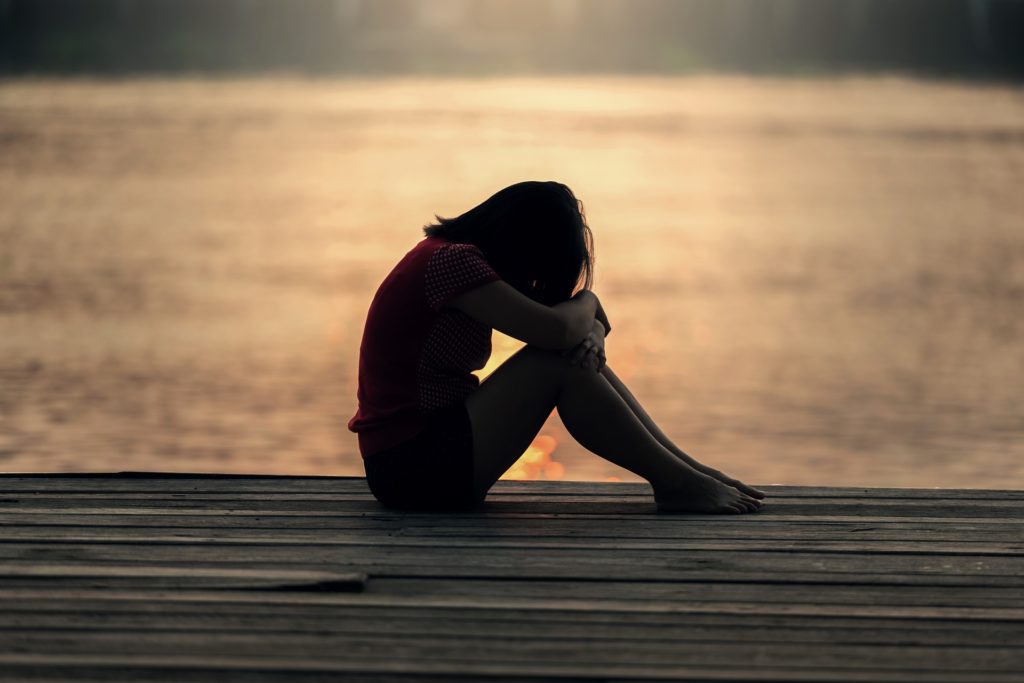
All I can say, is this was by far the darkest moment in my life to this day. I had no strategies or techniques for what I was going through. I didn’t even understand what was happening or that what I was doing was harmful to myself. I would lay awake at night and pray for God to either take me or show me how to get help because I sure didn’t know what to do!
The strange thing is, I remember so much of it. I remember feeling hungry in the beginning. I remember going to work at my dad’s store and not eating the donuts and snacks that were around. I remember not eating until dinner each day. I remember that my weight was down to 95 pounds when I returned to school and that my friends from the summer were all very concerned. I remember that adults in my life thought I must have cancer or AIDS(it was the mid 80s when AIDS was a new thing and we still didn’t know much about it), and I remember always being cold. So. Damn. Cold. I remember feeling like my mind controlled me and no matter how hard I tried, I couldn’t control my mind. I remember that no one mentioned anorexia nervosa to me until I was back at school. I don’t remember exactly who said those words to me first, but I remember going to a meeting held in one of the dorms on eating disorders. My friend suggested it. I sat there, all 90 pounds of me, and listened to every characteristic and realized I had every single one. But anorexia? Could I be anorexic? It was both a relief and a moment of confusion when I had it slapped in my face. Shortly after that meeting, I told my mom that I thought I needed help and that things were out of control.
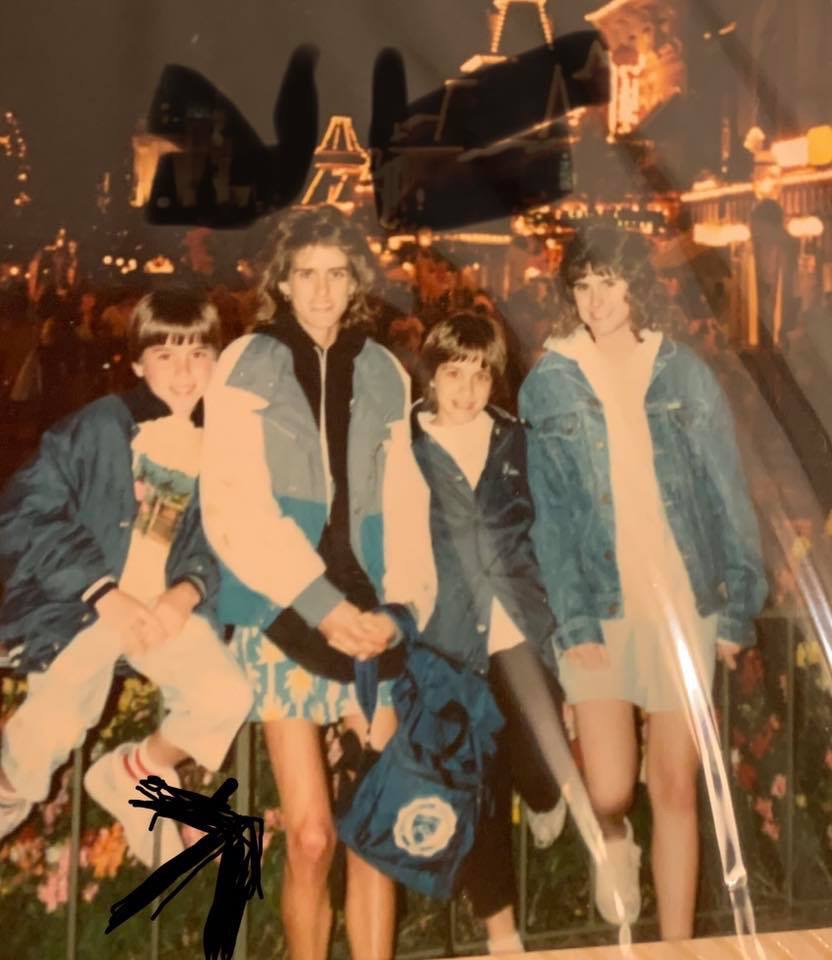
I finally saw a doctor back home in Philadelphia. He told me 5 more pounds and my organs would have shut down. At 5’7” feet tall, I weighed a mere 84 pounds!! I had started at 130 pounds just 6 months before. I had lost 32% of my body weight and to be anorexic, you need to be 20-25% under your ideal body weight. The psychiatrist told me that at my height, 101 pounds was that cut off. Death was a hell of a lot closer than I every want to be again before I’m 105 years old! So, my journey towards recovery began. I was naive and all I wanted to do was get back to college so I wanted to get this whole treatment thing over fast! I had friends to hand out with, parties to go to and classes to finish. I didn’t have much time for this anorexia nonsense, so I did what they told me to do. I ate. Each day I ate a little more. And a little more. The first time I went over 600 calories, I was bent over in so much pain, I was crying. My stomach felt like it was exploding and it was like that everyday for weeks as I slowly introduced food back to my body. It was not an easy road back to a normal level of calories but the doctor game me a weight to be at and a caloric intake to reach before he’d clear me to return to school. It was my motivation. Because of how the semester was set up, I was able to miss 5 weeks of school and still save my semester. We had a 2 week spring break at that time, so I missed 3 weeks of classes with medical leave, then 2 weeks spring break for a total of 5 weeks. This was just enough time for me to go back to class but with some restrictions. I didn’t care! My goal was to get back to my college life as fast as possible. There was a problem with this though. You see, I tried to rush my treatment. I tried to rush my recovery. I tried to convince my family that I was “better” so I didn’t have to continue therapy. I wanted to just be “normal” again. I wanted to got down the shore for the summer and not running to therapy. I wanted to move on. Let me give you some advice, don’t rush treatment. Take the time to heal yourself both physically and mentally. Whether you are struggling with an eating disorder, depression, anxiety or anything else, take the time you need. You will save time in the end and you’ll be stronger for it.

What happened by trying to rush my treatment, I actually made my recovery last years longer than it probably needed to be. Let me clarify, recovery is ongoing. It is not linear and it really never ends. What I should say is that I would have gotten to a more stable place in my recovery faster had I just taken the time to do all I needed to do during that time. Because of trying to rush my recovery, I ended up struggling with my body image, weight and depression all through my 20s and into my 30s. Had I slowed down long enough when I was 18, then I believe I would have settled into a more stable place sooner. I would have had a chance to learn strategies and techniques for both my eating disorder and my depression. Instead of riding the wave my my brain starting to function again because I was feeding it, I needed to use that energy to heal, but I didn’t want to take the time to dig that deep. This taught me a lot and I realize looking back that there were many holes in my treatment that I wish I’d had. Now granted, there weren’t a lot of places that even treated eating disorders and few psychiatrist specialized in it. It’s probably the one time I’ve been a pioneer in anything! Haha!! Hindsight is 20/20 and I believe I would have benefited from quite a few resources and information.
*I wish I had been admitted inpatient. I was in a true medical crisis but the stigma of being admitted kept my parents from admitting me and from me agreeing. Looking back, I’m truly lucky I survived. Another example of how ending stigma will change lives.
*I wish I had been told to see a nutritionist and had one teach me how to eat properly and in a healthy way. I was just told to eat and gain weight. It simply created a different problem for a few years. Of course, now almost all eating disorder programs have a nutritionist to help with this reentering the eating world. It should be an innate behavior to eat when hungry, but that innate instinct gets confused with anorexia.
*I wish I was encouraged to stay in outpatient treatment for at least a year if not longer. My depression continued to pop up and I kept thinking I was just not trying hard enough or eating enough. It would just go away for good once I was better. I thought the two went hand and hand. It wasn’t until a few years later that I finally realized depression wasn’t going anywhere so I needed to learn to manage it instead of letting it manage me.

I have never relapsed. That is a blessing. Have I gotten a little too thin during a stressful time? Sure, but I always knew I needed to eat more when that happened. My body image struggles continued until my mid 40s. Yup, I knew I had to keep my weight at a certain place but that doesn’t mean I always liked it or that I still didn’t get excited when I lost weight. The rush is still there a little but now I am in control, not anorexia. There is recovery. It does get easier. It will be messy and at times quite the roller coaster, but it is a process. That’s one thing I didn’t understand in the beginning and either did a lot of those close to me. It takes time. Give it time. You can have life after anorexia and a great one at that.
***If you, or someone you know is struggling with anorexia, please seek help. In addition to NEDA’s website and hotline(800-931-2237), you can find more information at National Association of Anorexia Nervosa and Associated Disorders(ANAD) as well as the Mayo Clinic HERE. A few of my favorite books on eating disorders are, Life Without Ed, Goodbye Ed, Hello Me and Eating In The Light Of The Moon. These are good if you are the one struggling or your loved one is struggling. Knowledge is a big part of healing.***
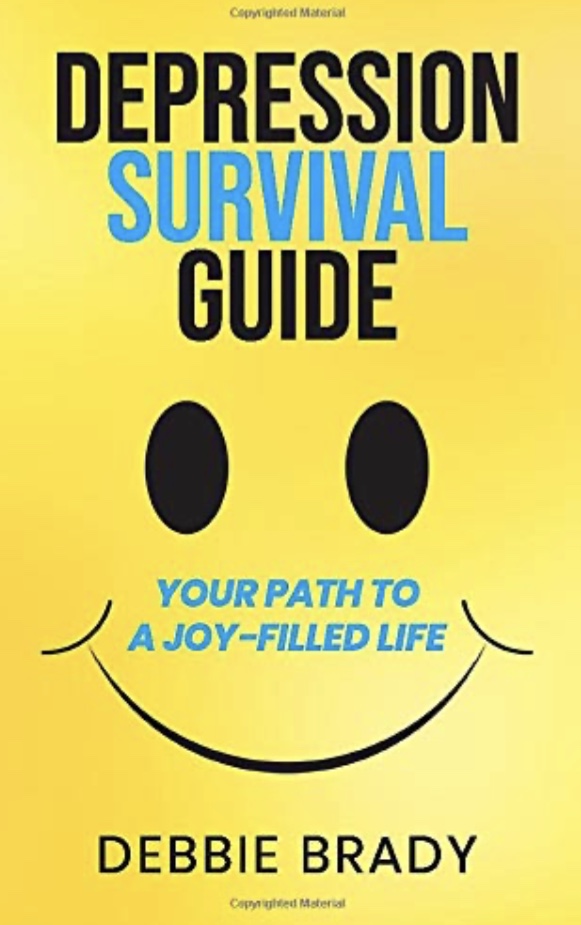
Don’t forget to sign up for my emails and get your Depression Survival Guide workbook and head on over to Amazon and grab my book: Depression Survival Guide: Your Path To A Joy-Filled Life.



